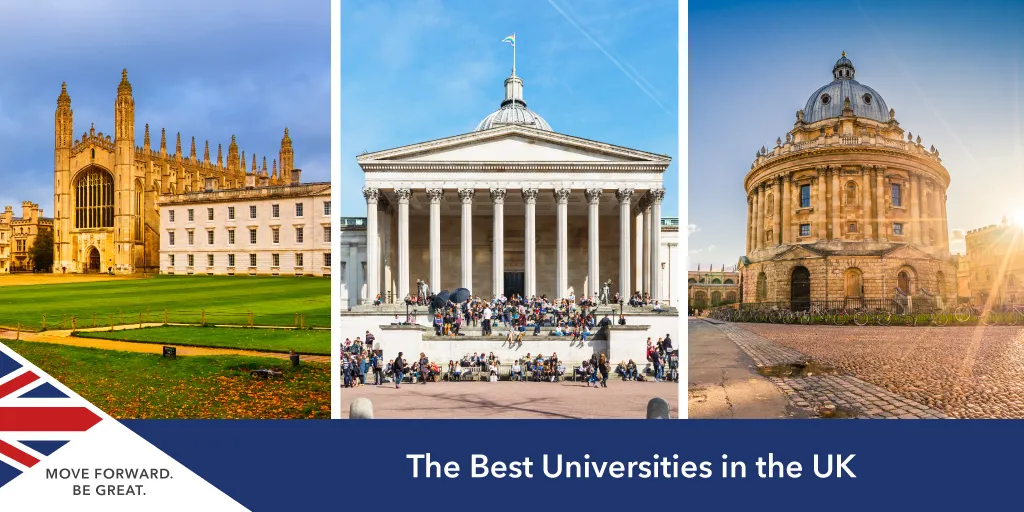British universities are widely recognized for their excellent education and different opportunities for students’ leisure. These activities are an important element of student life, as they facilitate the acquisition of important skills, interaction with other students, and the search for employment in the future.
Engaging in these activities not only enhances the university experience but also helps in building valuable CV hobbies that can make students more attractive to potential employers.
Statistics on student life in the UK
A survey in the UK has revealed that about 70% of the students get engrossed in co-curricular activities during their university time. Such activities include sports, arts, volunteering, and Student societies.
In a survey conducted by the National Union of Students (NUS), 85 percent of students confirmed that they have been positively affected by extracurricular activities in their university life.
Moreover, students who participate in these activities are more likely to secure employment within the first six months of graduation than those who do not participate, which is 20 percent.
Top british universities for extracurricular activities
- University of Oxford: As for extra-curricular activities Oxford has a number of sports clubs, drama societies, and volunteering positions. Extracurricular activity is also accused of being dominated by two prominent features; the historic rowing club and the Oxford University Dramatic Society.
- University of Cambridge: Cambridge has many sports clubs, music society, and student unions. This includes the Cambridge Union Society that is recognized as one of the oldest debating societies globally.
- University of Edinburgh: There are more than 290 societies and sports clubs in the university and community service and volunteering are well developed here. This affords the students with a lot of possibilities for interacting with the external environment, in this case, the society.
- University of Manchester: Student life in Manchester is very active and is provided with over 400 societies and sports clubs. The Students’ Union of the university is one of biggest in Great Britain and offers numerous entertainment and management positions.
- University College London (UCL): There are various co-curricular activities which UCL provides for students and they include sports, art activities and volunteering services. Its active volunteering services unit assists the students in getting meaningful volunteering opportunities within the London area.
Examples of extracurricular activities
- Sports clubs: Some universities like Oxford and Cambridge provide many sports clubs, including rowing, rugby, and football, among others. Playing for a sports team is a great way for the students to instil the principles of cooperation and leadership that are well seen on the CV.
- Arts and culture societies: Almost every university has its dramatic, musical, and artistic societies; the University of London has a well-known dramatic society. These societies benefit students by improving their creativity and speaking skills.
- Volunteering: Institutions such as the University Of Edinburgh have many volunteering opportunities. In this case, volunteering is beneficial in enabling the students to exhibit their commitment and empathy, which are greatly desired in society and in most working environments.
- Student government and leadership: Student unions or leadership positions in societies that help develop students’ management skills are some of the CV hobbies that employers consider helpful.
How Extracurricular Activities Help in Finding Jobs
Extracurricular activities can greatly help in job hunting. Here’s how:
Firstly, skill development is a significant benefit. Engaging in activities such as debating or leading a student organization enables students to learn crucial communication and leadership skills. These are valuable CV additions that make candidates more attractive to potential employers.
Secondly, extracurricular activities offer networking opportunities. By forming groups, joining clubs, and participating in societies, students can make new friends and connections. This network can be invaluable during job searches, as many positions are secured through referrals.
Lastly, practical experience is another advantage. Activities like volunteering or internships provide hands-on experience that is often required by employers. Including such experiences on a CV can make it stand out and increase a candidate’s chances of being hired.
Types of jobs that value extracurricular activities
Some occupations necessitate more extracurricular engagement. Here are some examples:
Marketing and public relations: The jobs in these fields are creative and require good communication skills. Participation in arts and culture societies or undertaking a university magazine is allowed.
Teaching and education: Executive positions in a student organisation or as a volunteer teacher also demonstrate skills in administering and supervising other people, which are useful in teaching.
Business and management: Activities such as sports or leadership in the students’ association demonstrate organisational skills and team spirit, thus making candidates right for management jobs.
Conclusion
Thus, in British universities, students have extracurricular activities as an important stay component. Not only do they contribute to the fun of the university years, but they also have value in and of themselves for granting experience and skills. Including these activities as CV hobbies helps the students become more appealing to employers, improving their prospects of employment.
Sports are volunteering or any other co-curricular activity that equips the students with various careers and is very much sought after in the market.
Also read, 10 Principles Of Instruction: Professor Barak Rosenshine
Sign up for our Daily newsletter
We'll be in your inbox every morning Monday-Saturday with all the day’s top business news, inspiring stories, best advice and reporting from Entrepreneur,


